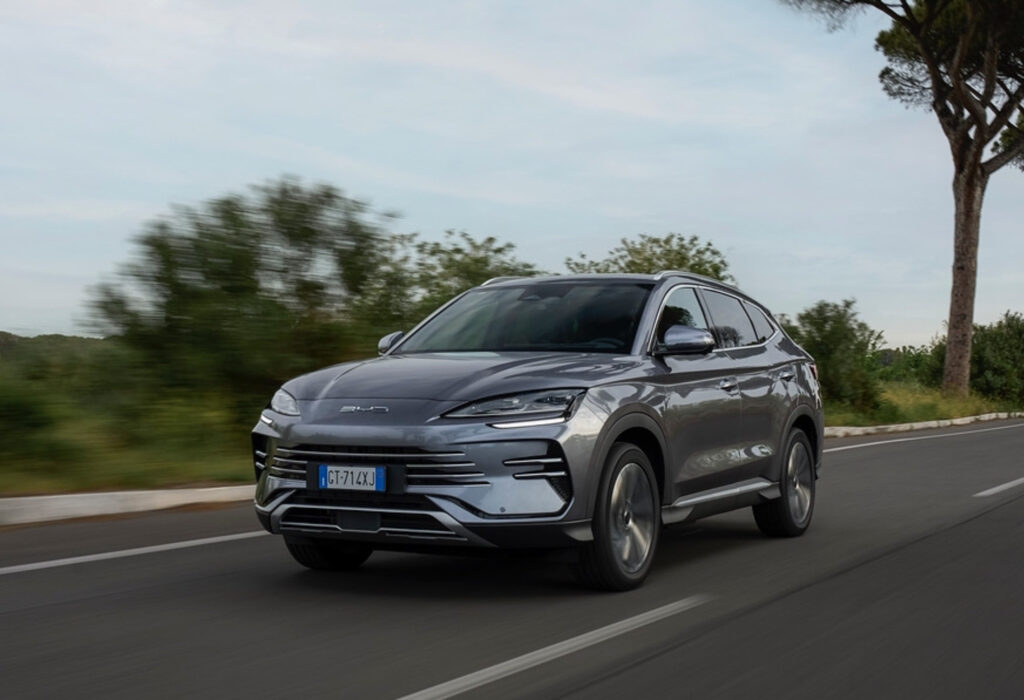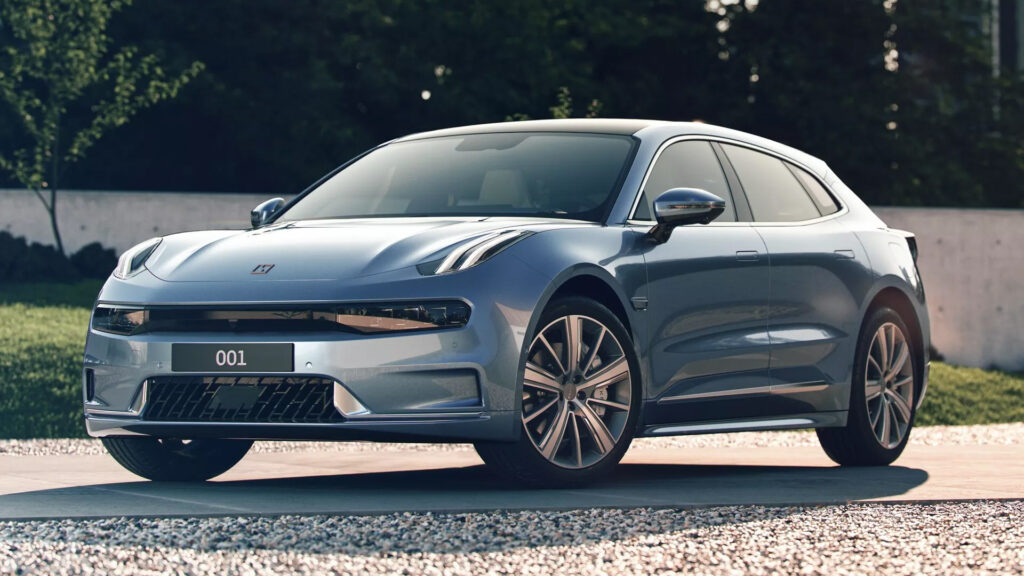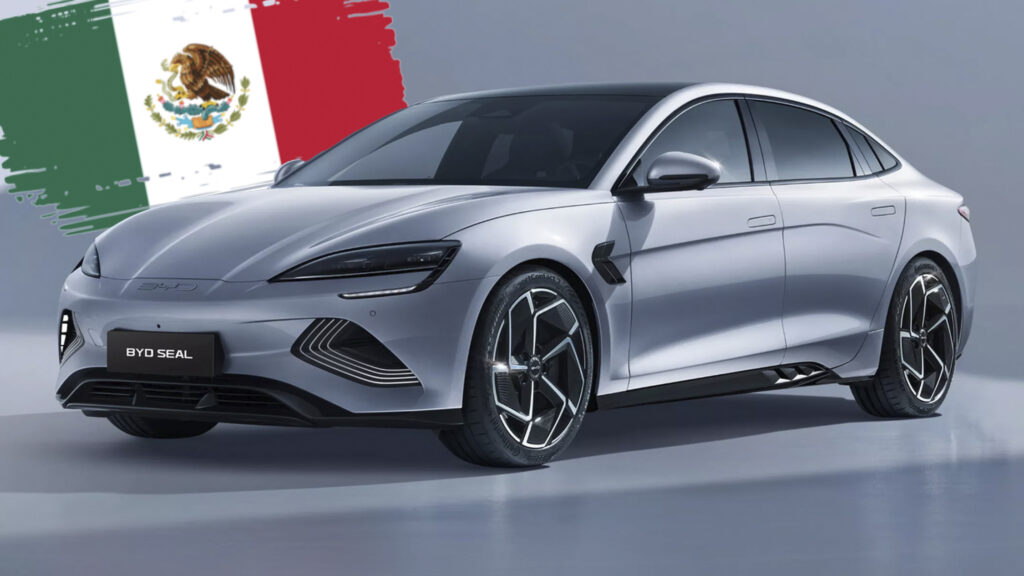- Chinese automakers are investing in Mexico to establish their presence in North America.
- While U.S. tariffs on Chinese-built products are 100 percent, those built using Chinese parts in Mexico would be subject to duties of just 2.5 percent.
- Experts suggest the U.S. will need to look at action to prevent China from circumventing these trade restrictions via Mexico.
Much has been written about the ongoing trade war between China and the U.S., with automobiles taking center stage in many discussions that have been dominated by a power struggle over the future of electric vehicles.
The White House has already hiked tariffs on a number of Chinese goods, especially EVs, which will see import duties rise from 25 percent to 100 percent once they come into effect in August. Other items used for EV production, such as batteries, and some minerals, saw increased tariffs applied too.
Read: Biden Quadruples Chinese EV Tariffs to 100%
There’s a fear that an oversupply of cut-price Chinese products, stemming from excess capacity, may threaten U.S. jobs and industry.
However, while China mulls tit-for-tat retaliatory trade moves, the rest of the country’s automakers are busy looking at ways to crack the U.S. market, tariff or no tariff. One is by investing in Mexico. BYD, the self-proclaimed largest supplier of New Energy Vehicles in the world, has already announced that it’ll be building a plant there. While the Chinese automaker says it has no immediate plans to export vehicles to the U.S., it’s an important step for the company as it establishes a presence in North America.

“This is a multistage investment by BYD,” explained Lou Longo, international practice lead at consulting firm Plante Moran, in an interview with Automotive News. “It gives them time to develop a supply chain, start to get better at manufacturing, and sell in other markets outside of Mexico. And, hopefully someday in the future, it gives them a shot to be able to sell into the bigger markets.”
The trade benefits of building a car in Mexico before exporting to the U.S. are massive. While the United States-Mexico-Canada Agreement requires at least 75 percent of auto components to be made in North America to benefit from free trade, cars featuring Chinese-made components would only be taxed 2.5 percent on import to the States, opening a pathway for Chinese automakers to enter the U.S. essentially duty-free.
Read: China May Slap Imported Cars With Added Duties
It’s a tricky situation for Mexico, too. With Chinese manufacturers establishing their presence, a battle for resources could ensue, with the likes of GM, Ford, Stellantis, Toyota, and Honda all manufacturing cars in the region.
However, if the U.S. is to continue keeping cheap Chinese cars from entering its borders, it will have to address the threat of being infiltrated by Mexican-built cars from Chinese companies. The administration could investigate China for circumventing trade restrictions via Mexico, similar to last year’s solar panel tariff investigation. The UAW has also urged the administration to raise the 2.5 percent tariff on cars and components that do not meet USMCA’s origin requirements.
Meanwhile, interest in Chinese EVs is rising among U.S. consumers, particularly younger buyers. A survey found that 76 percent of respondents under 40 are open to purchasing a Chinese vehicle.





